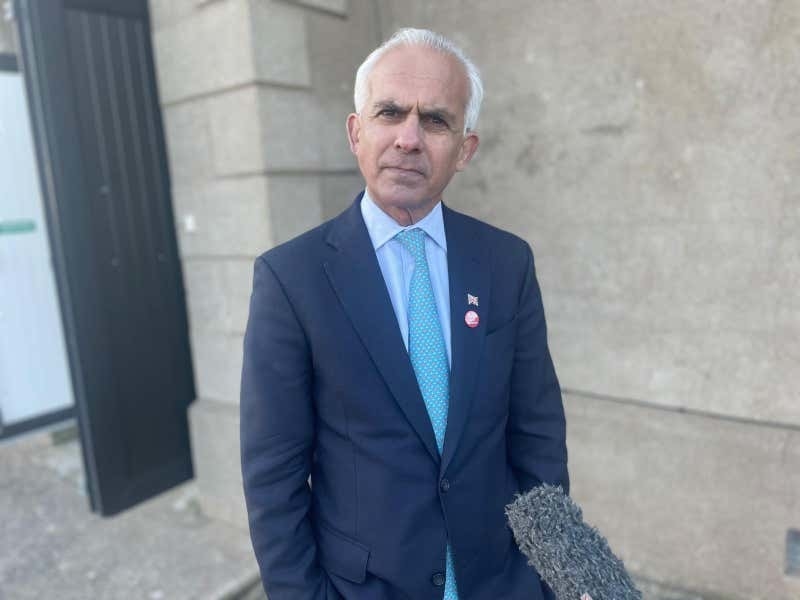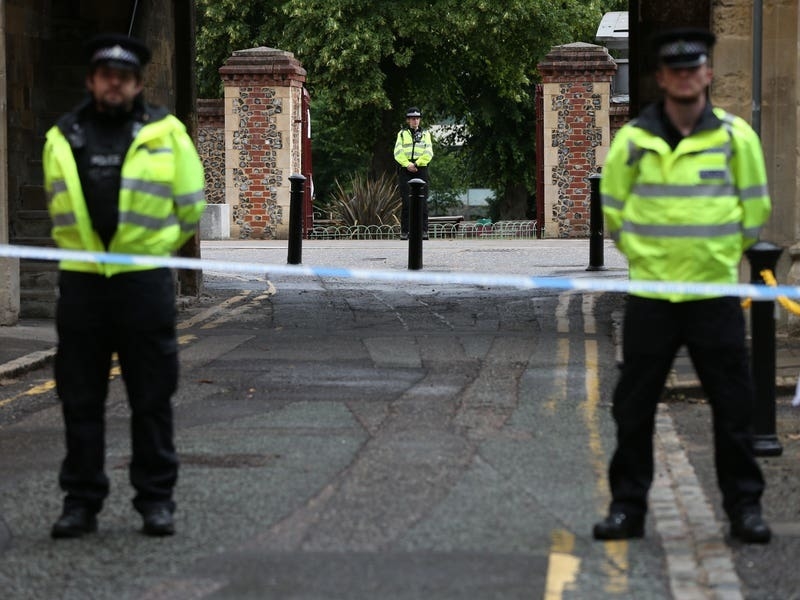The authorities are determined not to rush into introducing the legislation, which has been in place in the UK since 2010. However, a recent Her Majesty’s Inspectorate of Constabulary and Fire & Rescue Services report urged the States police to collate data on domestic-abuse incidents and for lawmakers to act ‘as soon as possible’.
Domestic Violence Prevention Orders and Domestic Violence Protection Notices can be issued to prevent alleged perpetrators from returning to their homes for between two and 28 days.
A DVPN, which can last for two days, can be issued by a Superintendent before a suspect is even charged. A DVPO gives a magistrate the power to ban a suspect from their own home for between 14 and 28 days.
Home Affairs Minister Len Norman said the subject of introducing DVPOs or DVPNs was on the table and part of wider work on a new domestic-abuse law.
He said: ‘Further discussions will be held as the structure of the law takes shape. The main debate around DVPOs is how to balance the protection of victims against the rights of individuals who have not been found guilty of an offence by a court. This requires careful thought and much time has been spent reflecting on this in the design and implementation of the Bail Law.’
The Criminal Procedures (Bail) (Jersey) Law 2017 gave police powers for the first time to legally restrict the actions of suspects on bail before they have been charged or appeared in court.
Reports of domestic abuse to the States police are increasing year on year. So far this year, the force have received 420 reports, which account for 16% of all reported crime. In 2017 there were 329 reports (11%) and last year 466 (14%).
Mr Norman added: ‘Ultimately, a decision on whether these powers are included or not will be taken having considered the position of all parties involved in the operation of the criminal justice system and in the protection of vulnerable victims, in the context of Jersey’s legislative framework and other protections available. The position of HMICFRS will be given its due weight in that consideration.
‘The decision and the thinking behind it will be consulted upon publicly as part of the consultation on the legislation in due course.’
Marine Oliveira, service manager for Jersey Women’s Refuge, said anything that provided greater protection to victims was a good thing, but she said Jersey needed a dedicated domestic-abuse law.
‘Having them in place, I think it could enhance the ability to tackle domestic abuse and it is something we are supportive of but it needs to be considered in the view of the survivor,’ she said.
In the UK, suspects issued with DVPNs or DVPOs are required to leave the home immediately and find somewhere else to live.
In Jersey emergency accommodation at the Shelter Trust and Sanctuary House is often full. Mr Norman recognised that if the powers were introduced in Jersey, accommodation would have to be considered.
In 2015, while she was Home Affairs Minister, Senator Kristina Moore, then a Deputy, said she was ‘keen to push on’ with the introduction of the laws.
She said at the time that the orders offered a ‘level of safety to victims’.
The HMIC report, released last month, said DVPOs and DVPNs and similar powers were used across the UK and Europe but not in Jersey.
‘Because of this, the SOJP and the courts are unable to provide victims of domestic violence in Jersey with the level of protection provided to victims of domestic violence elsewhere.’






